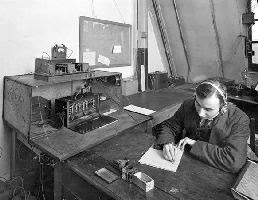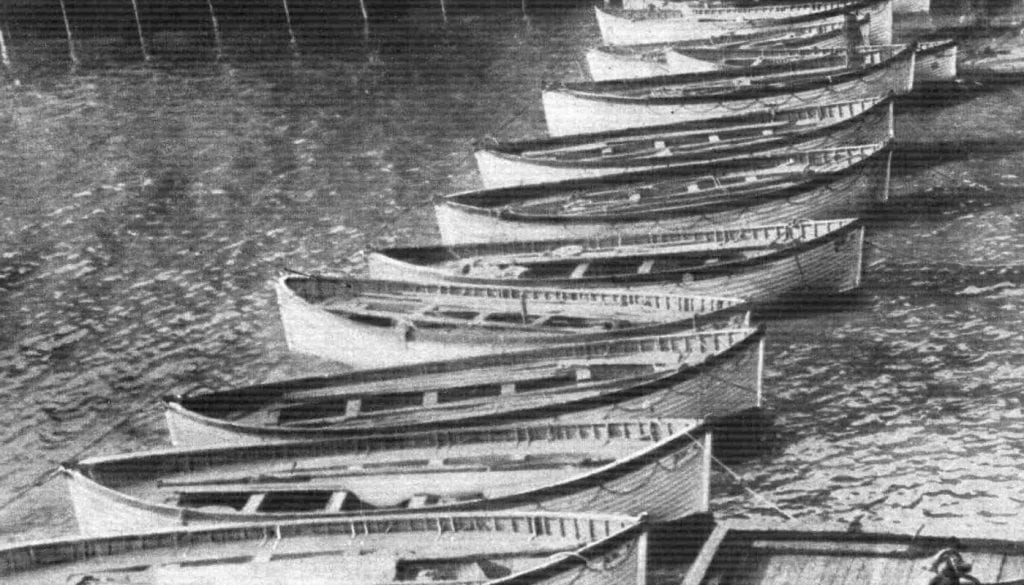Titanic's Wake
Radio
The United States government passed the Radio Act of 1912 after the sinking of the Titanic, which regulated the bandwidth between the U.S. Navy and amateur operators. All operators had to hold a valid federal license to use radio equipment. Vessels were required to maintain constant communication with other vessels and radio stations. Restrictions were also made on amateur radio operators to reduce the chances of interference with official operators.
There are substantial consequences for breaking the law: a fine of $63,000 or up to five years in prison.

Radio use following the Radio Act (Mass Media History)
"It seems to me that the disaster about to occur was the event that not only made the world rub its eyes and awake but woke it with a start keeping it moving at a rapidly accelerating pace ever since with less and less peace, satisfaction and happiness. To my mind, the world of today awoke April 15th, 1912.”
-Jack B. Thayer, Titanic Survivor
Personal Interview Lieutenant Rudnickas of Ice Patrol
Ice Patrol
In 1914, the Ice Patrol, part of the U.S. Coast Guard, was formed to monitor iceberg movement. The U.S. Navy patrolled the North Atlantic for icebergs and broadcasted warnings. The Coast Guard continues to carry out this mission. Since the Ice Patrol was established, no vessels have collided with an iceberg in the North Atlantic.
"It hardly bears thinking about that if there had been sufficient boats that night…every soul aboard could have been saved, since it was two-and-a-half hours after she struck that she tilted her massive stern into the heavens and sank by the head, taking with her all that were unprovided for."
-Arthur Rostron, Captain of the rescue vessel, Carpathia
Lifeboats
The insufficient lifeboats onboard the Titanic resulted in requirements for vessels to include enough lifeboat space for each person. Modern ships have 25% more lifeboats than passengers on board.

(History)
Resources